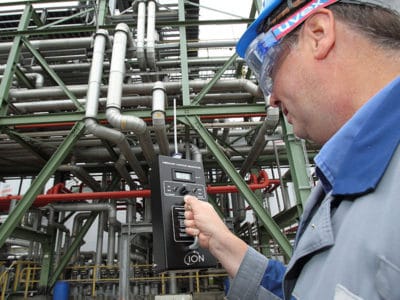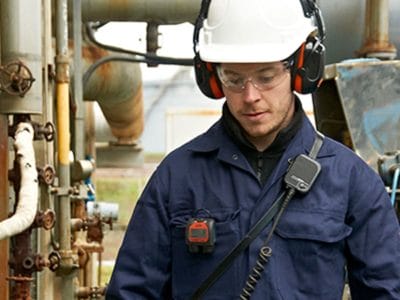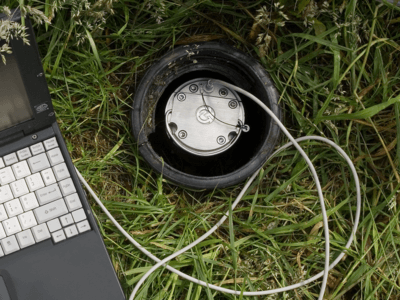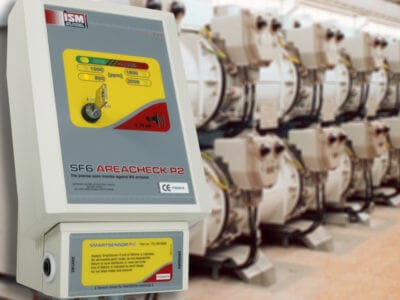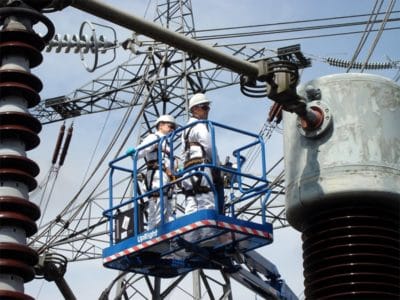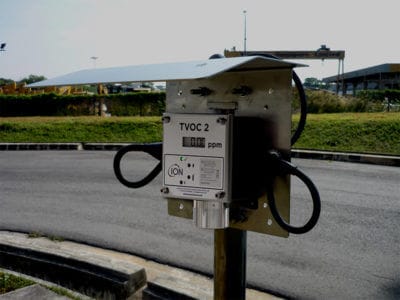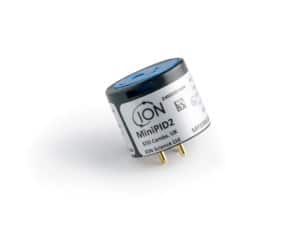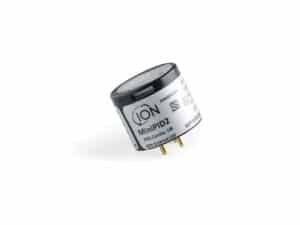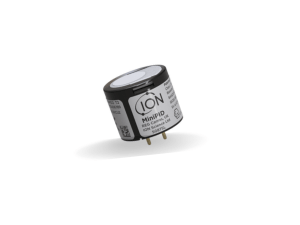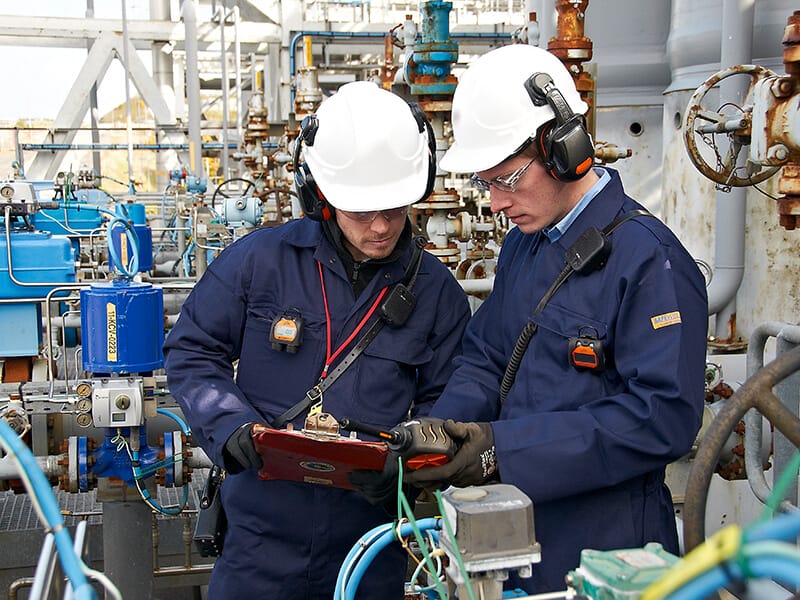
Gas Detection For Personnel & Site Safety
Gas detection for both worker and worksite safety
Suitable for a range of industrial gas detection applications, toxic gas detectors can prove vital for personal safety, in particular for those working in volatile environments. The use of a gas detection instrument, with appropriate action taken if dangerous levels of gases are detected, can help to prevent an explosion or can help to prevent worker injury or exposure to toxic gases.
Helping you to select the right gas detection equipment for your organisation
Gas detection instrument suitable for a range of industrial applications, toxic gas detection can prove vital for personal safety, in particular for those working in volatile environments.
Hazardous gas emissions are prevalent across a wide range of industries and applications. Gas detection can ensure the health and safety of workers and the working environment. For some industry sectors, such as chemical processing plants and oil and gas refineries, the need for gas detection is more obvious. There are a number of other less obvious sectors where hazardous gases are present, however, where hazardous gases are present which include; construction, mining, farming, import and export of goods, the food industry and water/waste water management.
There are many different types of gas detection technology and instrumentation available which may appear to do a similar job but on closer inspection specification, functionality and features can reveal vast differences in performance, operation and the potential value they can offer to protect both workplace and workforce.
”Before beginning to consider gas detection equipment, conducting a risk assessment to determine the hazards and exposure levels is advised. Risk or hazard assessments are the foundation for identifying, evaluating and controlling risk; as well as companies having the obligation to conduct risk assessments to identify potential hazards and to take appropriate action to mitigate these hazards. If certain gas hazards are identified, gas detection is applicable as a risk reduction method.
How is gas detected?
The best way to detect gas is by using a gas detector that will notify the user of large & dangerous levels of TVOCs and lethal gasses. By doing so, you can avoid injuries, illness & even death!
So, how does a gas detector work?
Gas detectors work by monitoring the air around you, whilst simultaneously checking for impurities in the air. If during the monitoring, impurities or high concentrations of gasses are detected, then the gas detector will alert the user so they can act accordingly.
Identifying Toxic & Dangerous Gases For Detection
There are a vast variety of toxic and dangerous gasses that could be identified starting with gas detection from fairly common, listed below, to more exotic gases.
Hydrocarbon Gases
Employees that work with oil storage tanks are at highest risk of exposure to deadly gases like benzene, butane and methane. Exposure can cause both short and long-term health risks, including nervous system, liver and kidney failure or death.
Hydrogen Sulfide (H2S)
One of the deadliest and most dangerous gases, hydrogen sulfide is created from the decay of organic matter. One whiff of hydrogen sulfide and the familiar scent of rotten eggs will come to mind. But when levels get high enough, the gas deadens the sense of smell.
Mercury Vapour
Within the oil and gas industry exposure to mercury is common as it is a natural component in oil and gas. Mercury accumulates on pipes and equipment and if a worker were to inhale mercury vapour, it can cause major health concerns including tremors, nervousness, kidney damage and loss of vision or hearing. Women exposed can pass the poison on to an unborn child.
Flammable Gases
Not only should workers be concerned for exposure to dangerous and toxic gases and vapours, but also the flammability risks. When a worksite has flammable gases present, a full site assessment is necessary to safeguard against fires or explosions.
Choosing The Correct Instrument For Gas Detection
Personal Gas Detectors
A single personal unit is assigned to each worker; they continuously monitor the worker’s breathing zone and alert the user when the environment becomes unsafe. Personal gas detection units can be single gas or multi-gas units.
Portable Gas Detectors
Portable gas detection devices can be handheld or carried around to check specific areas or zones, such as in Method 21 which is a site wide fugitive emission test procedure.
Fixed Gas Detectors
Fixed gas detection uses wall mounted devices used to continuously measure a defined area and can alert workers to a danger before they enter the area. Fixed units can usually be linked together and transmit data to another instrument for safety monitoring.
Semi-portable Gas Detectors
Semi Portable Gas Detectors meet the diverse requirements for gas detection industries and are generally used where a temporary or contractual method of detection is required for a specific project or incident.
 .
. 
 .
. 
Download our FREE Gas Detection Guide
“Gas Detection Equipment – Choosing The Right Type”
The following Guide provides the reader with knowledge on the many different types of gas detection technology and instrumentation available within the market. On the surface they may appear to do a similar job but on closer inspection specification, functionality and features can reveal vast differences in gas detection performance, operation and the protection they provide both workplace and workforce.

Related Guides
Choosing The Correct Gas Detection Instrument For Your Industry
Download your FREE Gas Detection Guide
Simply complete the form below to obtain your FREE Guide on “Helping You To Select The Right Gas Detection Equipment For Your Organisation”.




